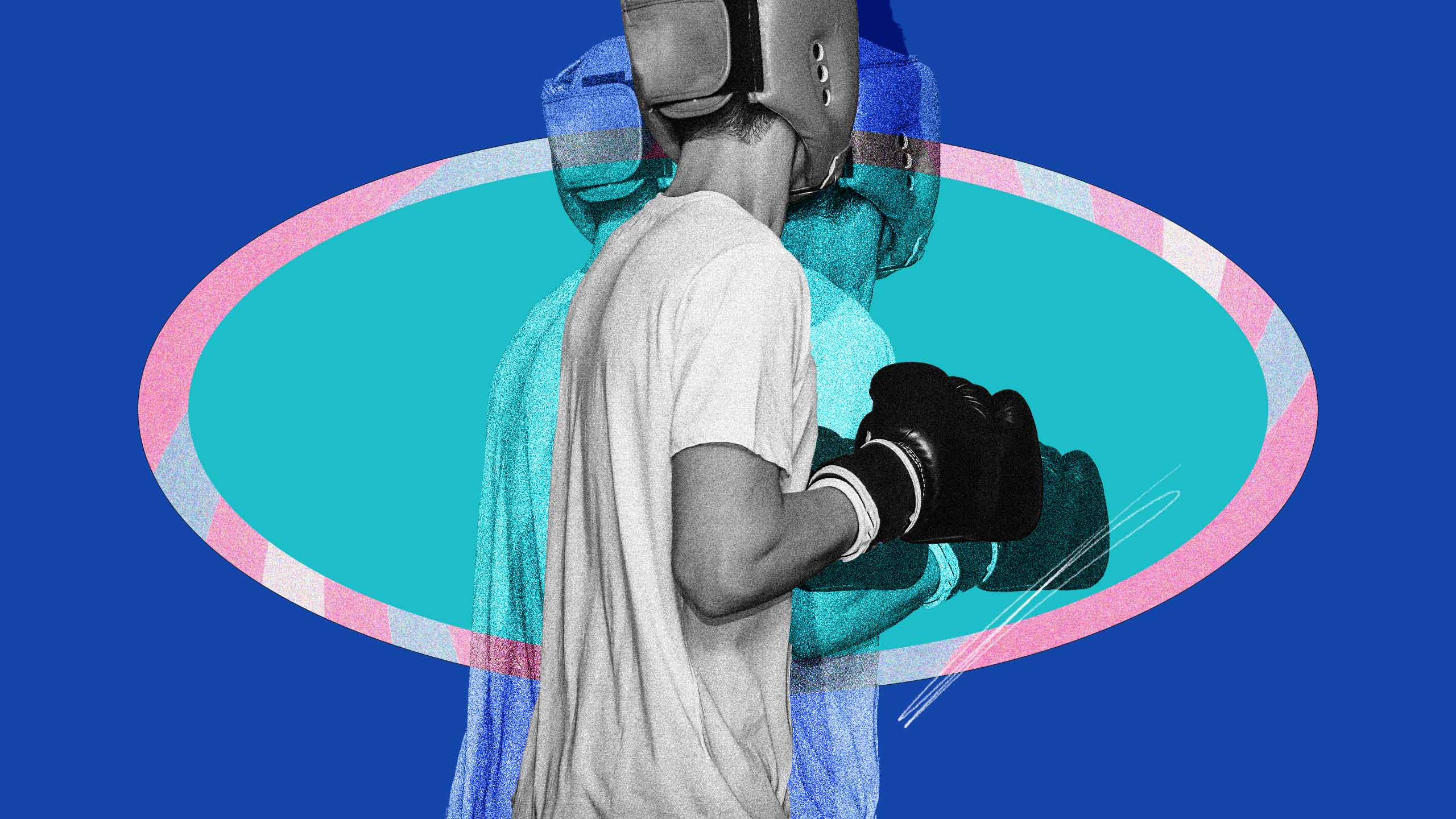The World Boxing Council (WBC) has announced that it will set up a new competition category for trans boxers, in a move that, while purported to be for the purposes of inclusion, is being called discriminatory by trans athletes.
On Dec. 29, 2022, WBC president Mauricio Sulaiman announced in an interview with The Telegraph that the organization will put out a “global call” for participants to compete in separate categories for trans men and trans women. He claims that this latest policy aims to maintain safety and fairness in the sport while making it open to trans participants. This latest move makes the WBC the first major professional boxing organization to have a policy that specifically targets trans athletes.
Rules and regulations for the trans competition categories are as of yet undefined. Sulaiman claims they will be introduced when the WBC will be able to gauge the amount of interest in those categories.
“It is the time to do this and we are doing this because of safety and inclusion,” Sulaiman said to The Telegraph. “We are creating a set of rules and structures so that transgender boxing can take place, as they fully deserve to if they want to box. We’re opening a universal registration in 2023, so that we can understand the boxers that are out there and we’ll start from there.”
In the same interview, he also made statements invalidating the identities of trans athletes. “In boxing, a man fighting a woman must never be accepted, regardless of gender change,” he said.
This is not the first time the WBC has taken measures targeted at trans boxers. Last August, the organization banned trans boxers from competing against cis boxers who share their gender identity. The WBC claims that this ban is due to concerns around fairness and safety in the sport. “A transgender woman combatant may have an unfair advantage over her cisgender woman combatant,” Nitin K Sethi of the WBC said in guidelines published last August. “A cisgender male combatant may have an unfair advantage over his transgender male combatant.”
The WBC also highlighted that “an exceedingly high risk for both acute and chronic neurological injuries” in the sport led them to decide that “at present level of scientific knowledge […], allowing transgender athletes to compete raises serious health and safety concerns.”
Boxing has varying regulations that are decided by individual local governing bodies. USA Boxing is the only American organization with a comprehensive policy on trans fighters. Elsewhere in North America, Boxing Canada also has a similar policy. Both updated policies follow the currently outdated IOC policy from the Stockholm Consensus in 2003, which states that in order to compete, trans people must be on hormone replacement therapy and undergo gender reassignment surgery, and wait a minimum of two years after those procedures.
The newest WBC regulations have been met with criticism from trans boxers. “The WBC’s statement contradicts policies that have been crafted over years at the highest levels of sports governing agencies, such as the International Olympic Committee and USA Boxing, that sanction transgender men to fight with non-transgender men and transgender women to fight with non-transgender women,” stated Patricio Manuel, the last trans American boxer to have competed professionally, in a post on his Instagram page. In 2018, Manuel unanimously won a landmark bout against Hugo Aguilar, a cis fighter—a match that would not be allowed under the WBC’s current regulations.
Fellow trans athletes pointed out that his victory dispels notions that trans men are at a disadvantage when they compete against cis men. “[H]e totally won his fight!” wrote trans MMA fighter Fallon Fox on Twitter in response to the WBC’s initial announcement in August. “Are we really to believe Patricio Manuel was too weak and his bones too inadequate to fight?”
Manuel hopes the WBC will advocate for “true transgender inclusion” as its current policies are “inherently dehumanizing transgender people by implying that trans men aren’t men and trans women aren’t women.” He says that he is speaking out because of how he was received before and after his landmark victory.
“When I walk into the gym, I am treated no differently than any other man in all aspects of training,” he wrote. “At a time of rising discrimination against transgender people in the United States, I am grateful to have received nothing but support and camaraderie from these boxers and their coaches, who have seen and respected me as the man I am.”


 Why you can trust Xtra
Why you can trust Xtra


